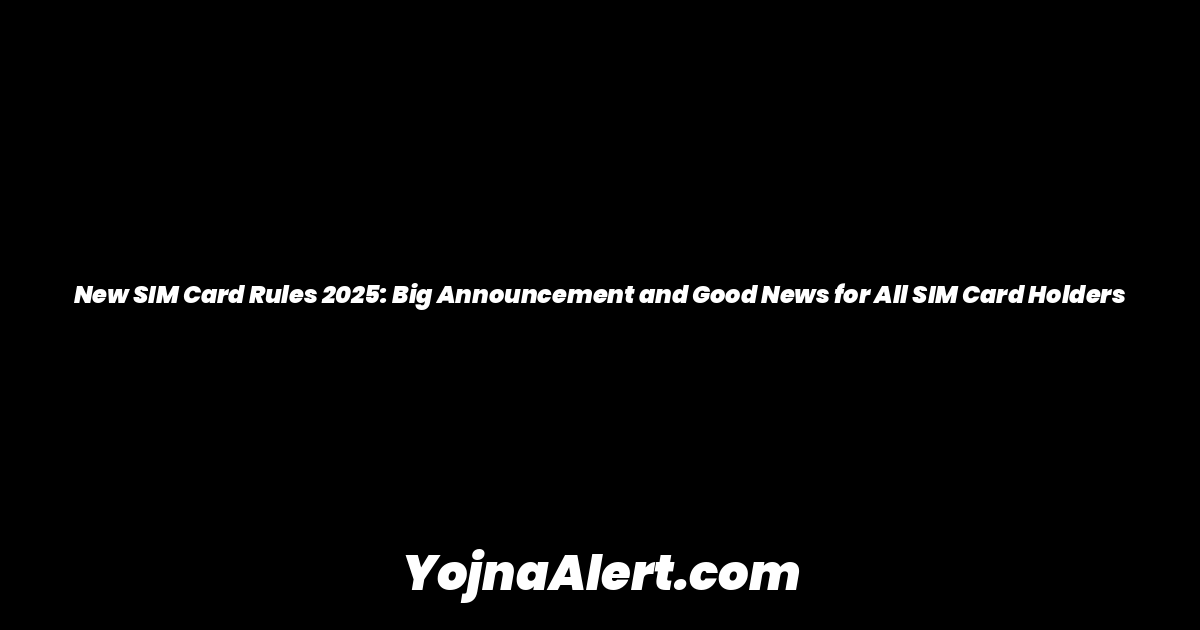The Telecom Regulatory Authority of India (TRAI) has introduced significant changes to mobile recharge rules, bringing major relief to consumers. These new regulations address rising plan costs and a lack of flexibility, forcing companies like Jio, Airtel, and Vodafone Idea (VI) to alter their offerings.
The Problem: The Rising Cost of Staying Connected
Initially, companies like Jio attracted a massive user base by offering free services, including unlimited data and calls. This strategy created a widespread dependency on mobile internet and social media. Once users were accustomed to these services, the prices began to climb steadily.
For example, a plan that started at ₹99 was gradually increased to ₹149, then ₹199, ₹239, and eventually reached ₹299 by July 2024. With consumers now addicted to being online, they had little choice but to pay the higher prices. This led many to switch to BSNL, a government-owned company, whose plans were often half the price of private operators. A plan costing ₹300 from private companies was available for around ₹150 from BSNL.
TRAI Intervenes with New Regulations
In response to these issues, TRAI, the body that governs all telecom companies in India, has amended its rules to protect consumers. The new directives aim to stop the “looting” by telecom companies and provide users with more control over what they pay for.
Key Changes to Mobile Recharge Plans
TRAI has mandated several key changes that will directly benefit mobile users across the country.
1. Extended SIM Card Validity
Previously, if a user did not recharge their SIM card for 90 days, the company would deactivate it. TRAI has now changed this rule. Under the new regulations, your SIM card will remain active for up to 365 days (one year) even without a recharge. This is a major relief for users who may not need to recharge their phones continuously.
2. Separate Plans for Voice Calls and SMS
Telecom companies have been ordered to introduce separate prepaid plans specifically for voice calls and SMS. This change is targeted at users who do not need mobile data, such as senior citizens or individuals who have broadband Wi-Fi at home. Until now, these customers were forced to buy bundled plans that included data they never used. The new rule ensures that customers only have to pay for the services they actually want.
3. New Special Tariff and Recharge Vouchers
According to the “Telecommunications Consumer Protection (Twelfth Amendment) Regulations, 2024,” service providers must now offer at least one special tariff voucher that is exclusively for voice calls and SMS. Furthermore, the previous 90-day validity cap on special recharge coupons has been removed and extended to 365 days. Companies have also been permitted to issue recharge vouchers of any value but are required to offer at least one coupon for ₹10.
When Do the New Rules Take Effect?
These new regulations and the revised mobile plans are set to be implemented starting January 1, 2025. From this date, you will be able to see and choose these new, more flexible plans when you recharge your mobile.





